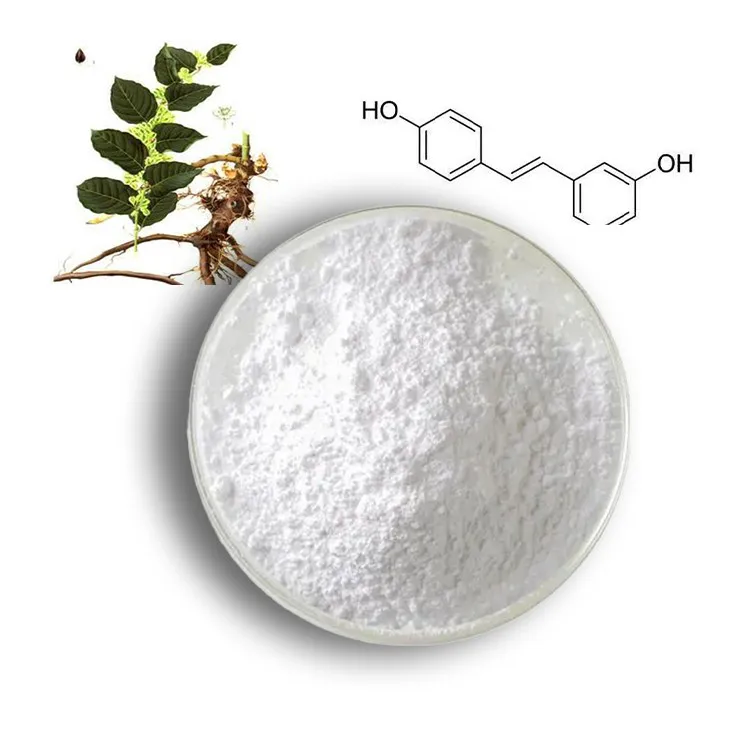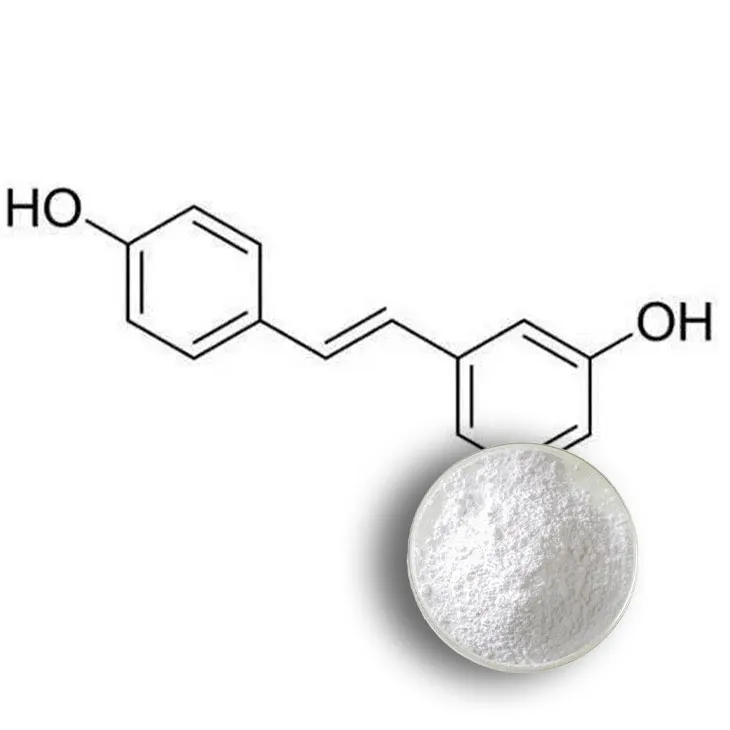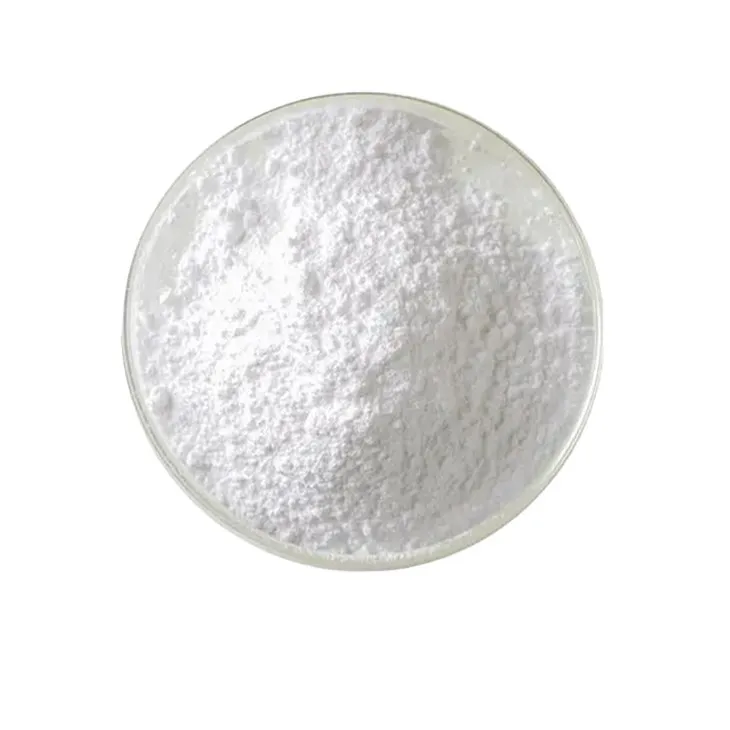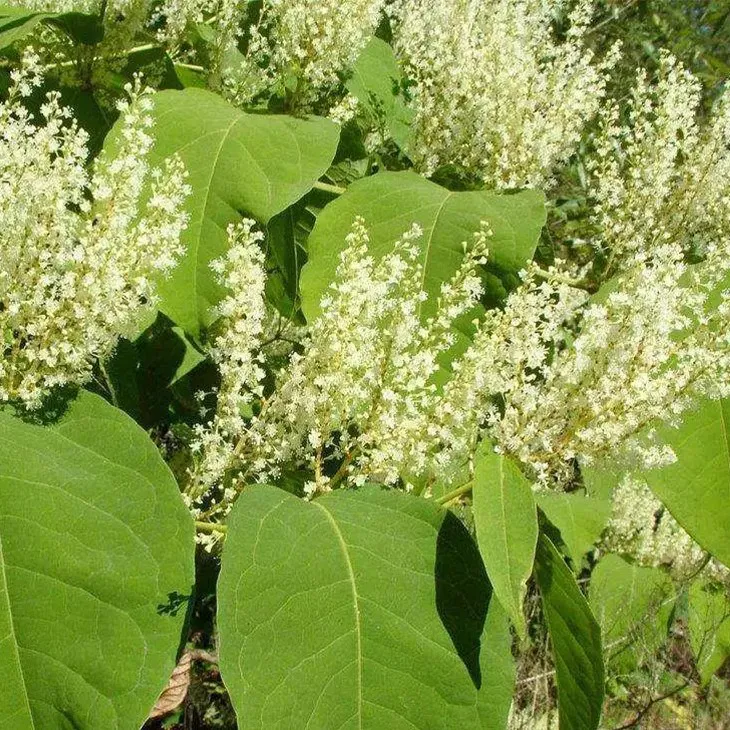- 0086-571-85302990
- sales@greenskybio.com
Title: The Best Types of Resveratrol Extracts: A Guide to Selecting the Best Resveratrol Extract
2024-11-11

1. Introduction
Resveratrol has gained significant attention in recent years due to its potential health benefits. It is a natural compound found in various plants, particularly in grapes, berries, and peanuts. Resveratrol extract is often used as a dietary supplement, but not all extracts are created equal. In this guide, we will explore the key factors to consider when choosing the best Resveratrol extract for optimal health benefits.

2. Sources of Resveratrol
2.1 Grapes
Grapes are one of the most well - known sources of resveratrol. The compound is found in the skins of grapes, especially in red grapes. Red wine, which is made from fermented red grapes, also contains resveratrol. However, it's important to note that the amount of resveratrol in a glass of red wine is relatively small, and other substances in wine, such as alcohol, may have both positive and negative effects on health.2.2 Berries
Berries such as blueberries, raspberries, and cranberries also contain resveratrol. These fruits are rich in antioxidants in general, and resveratrol adds to their health - promoting properties. Berries are often considered a healthy addition to the diet, and Resveratrol extracts from berries may offer a natural and pure source of the compound.2.3 Peanuts
Peanuts are another source of resveratrol. While the amount of resveratrol in peanuts may be lower compared to grapes and some berries, they are still a significant source, especially for those who consume peanuts regularly. Peanut - based resveratrol extracts may be an option for those looking for an alternative source of the compound.
3. Extraction Methods
3.1 Solvent Extraction
Solvent extraction is a common method used to obtain resveratrol from plants. In this method, a solvent such as ethanol or methanol is used to dissolve the resveratrol from the plant material. However, the choice of solvent is crucial as some solvents may leave behind residues that could be harmful. Ethanol - based solvent extraction is often preferred as it is considered relatively safe and can effectively extract resveratrol.3.2 Supercritical Fluid Extraction
Supercritical fluid extraction uses a supercritical fluid, typically carbon dioxide (CO₂), to extract resveratrol. This method has several advantages. It is a cleaner process as CO₂ leaves no toxic residues. It can also be more selective in extracting resveratrol, resulting in a higher - quality extract. Nevertheless, the equipment required for supercritical fluid extraction is more expensive, which may lead to a higher cost for the final product.
4. Purity Levels
The purity of resveratrol extract is an important factor to consider. Higher - purity extracts are generally more desirable as they contain a greater concentration of the active compound.
- Low - purity extracts may contain a significant amount of other substances, such as plant fibers, sugars, or other compounds. These impurities can affect the effectiveness of the resveratrol and may also introduce unwanted side effects.
- High - purity resveratrol extracts, on the other hand, are more likely to deliver the expected health benefits. They are often used in research studies to investigate the specific effects of resveratrol on health.

5. Standardization
Standardization is another crucial aspect of resveratrol extracts. Standardized extracts ensure that each batch contains a consistent amount of resveratrol.
- This is important for both the effectiveness and safety of the product. If the amount of resveratrol in a supplement varies from batch to batch, it can be difficult to determine the appropriate dosage and to expect consistent health benefits.
- Reputable manufacturers will often provide information about the standardization process and the guaranteed amount of resveratrol in their products. Look for products that are third - party tested for standardization to ensure quality.
6. Bioavailability
Bioavailability refers to the proportion of a substance that is absorbed by the body and can have an active effect. Resveratrol has relatively low bioavailability, which means that a large part of it may not be absorbed when consumed.
- Some manufacturers may use techniques to improve the bioavailability of resveratrol. For example, encapsulating the resveratrol in liposomes or combining it with other substances that enhance absorption can increase the amount of resveratrol that actually reaches the cells in the body.
- When choosing a resveratrol extract, it may be beneficial to look for products that have addressed the issue of bioavailability to ensure that you are getting the most out of the supplement.
7. Formulations
Resveratrol extracts are available in various formulations.
- Capsules: Capsules are a popular form as they are easy to swallow and can contain a precise amount of resveratrol. They are also convenient for those who want to take the supplement on a regular basis.
- Tablets: Tablets are another option. They may be more compact than capsules and can also be formulated to release the resveratrol slowly over time, providing a more sustained effect.
- Liquid Extracts: Liquid extracts can be absorbed more quickly by the body compared to solid forms. However, they may have a shorter shelf - life and may require refrigeration in some cases.
8. Considerations for Vegans and Vegetarians
For vegans and vegetarians, it is important to ensure that the resveratrol extract is sourced from plant - based materials and does not contain any animal - derived ingredients.
- Some resveratrol extracts may be processed using animal - based substances during the extraction process. For example, gelatin capsules may be used, which are not suitable for vegans.
- Look for products that are clearly labeled as vegan - friendly or vegetarian - friendly. This may include using plant - based capsules or other suitable packaging materials.
9. Price and Value
The price of resveratrol extracts can vary widely depending on factors such as the source, extraction method, purity, and brand.
- While it may be tempting to choose the cheapest option, it is important to consider the overall value. A lower - priced product may be of lower quality, with lower purity or less effective extraction methods.
- On the other hand, a more expensive product may not necessarily be the best. It is important to compare the features and quality of different products within a reasonable price range to find the best value for your money.
10. Conclusion
Choosing the best resveratrol extract requires careful consideration of multiple factors. The source of resveratrol, extraction method, purity level, standardization, bioavailability, formulation, and price all play important roles. By taking the time to research and compare different products, you can select a resveratrol extract that offers the optimal health benefits for you. Whether you are looking to improve your overall health, support cardiovascular health, or take advantage of the antioxidant properties of resveratrol, making an informed choice is key.
FAQ:
What are the main sources of resveratrol extract?
Resveratrol extract can be sourced from several places. One of the main sources is grapes, especially the skins of red grapes. The skins contain a relatively high amount of resveratrol. Another source is Japanese knotweed. It is also a rich source of resveratrol extract.
How does the extraction method affect the quality of resveratrol extract?
Different extraction methods can have a significant impact on the quality of resveratrol extract. For example, solvent - based extraction methods need to be carefully controlled. If the solvents are not properly removed, they may leave residues in the extract, which could be harmful. Supercritical fluid extraction is considered a more advanced method. It can extract resveratrol more efficiently and with higher purity, as it can operate at lower temperatures and avoid the degradation of resveratrol that might occur with some traditional extraction methods.
What is the importance of purity level in resveratrol extract?
The purity level of resveratrol extract is crucial. Higher - purity resveratrol extract generally means fewer impurities. Impurities can interfere with the body's absorption and utilization of resveratrol. A high - purity extract is more likely to provide the expected health benefits, such as antioxidant, anti - inflammatory, and potential anti - aging effects. Lower - purity extracts may not be as effective or could even cause unwanted side effects in some cases.
How can one determine the quality of resveratrol extract?
To determine the quality of resveratrol extract, several factors can be considered. Firstly, check the source of the extract. As mentioned before, extracts from reliable sources like high - quality grapes or Japanese knotweed are better. Secondly, look at the extraction method. A well - documented and advanced extraction method is often an indicator of good quality. Thirdly, consider the purity level. High - purity extracts are usually of better quality. Additionally, look for third - party testing or certifications that can verify the quality and content of the resveratrol in the extract.
What are the potential health benefits of high - quality resveratrol extract?
High - quality resveratrol extract offers several potential health benefits. It has strong antioxidant properties, which can help protect cells from damage caused by free radicals. It may also have anti - inflammatory effects, which can be beneficial for conditions related to chronic inflammation. Some studies suggest that resveratrol might have anti - aging effects, perhaps by influencing certain cellular processes. There is also some evidence indicating that it could be beneficial for heart health, such as improving blood vessel function.
Related literature
- Resveratrol: Sources, Bioavailability, and Potential Health Benefits"
- "The Role of Resveratrol in Health and Disease: A Review of the Current Evidence"
- "Resveratrol: From Bench to Bedside - Efficacy and Safety in Humans"
- ▶ Hesperidin
- ▶ citrus bioflavonoids
- ▶ plant extract
- ▶ lycopene
- ▶ Diosmin
- ▶ Grape seed extract
- ▶ Sea buckthorn Juice Powder
- ▶ Beetroot powder
- ▶ Hops Extract
- ▶ Artichoke Extract
- ▶ Reishi mushroom extract
- ▶ Astaxanthin
- ▶ Green Tea Extract
- ▶ Curcumin Extract
- ▶ Horse Chestnut Extract
- ▶ Other Problems
- ▶ Boswellia Serrata Extract
- ▶ Resveratrol Extract
- ▶ Marigold Extract
- ▶ Grape Leaf Extract
- ▶ blog3
- ▶ blog4
- ▶ blog5
-
Organic Tongkat Ali extract powder factory.
2024-11-11
-
How to make powder with ashwagandha extract.
2024-11-11
-
Rosehip extract manufacturers from China.
2024-11-11
-
The best cat's claw extract in nature.
2024-11-11
-
Chinese Dandelion Leaf Extract Suppliers.
2024-11-11
-
Artichoke Leaf Extract
2024-11-11
-
Tongkat Ali Extract
2024-11-11
-
Diosmin
2024-11-11
-
Grape Seed Extract
2024-11-11
-
Uridine-5'-monophosphate Disodium salt
2024-11-11
-
Horse Chestnut Extract
2024-11-11
-
Jujube Extract
2024-11-11
-
Resveratrol extract
2024-11-11
-
Chia Seed Powder
2024-11-11
-
Passionflower Extract
2024-11-11




















